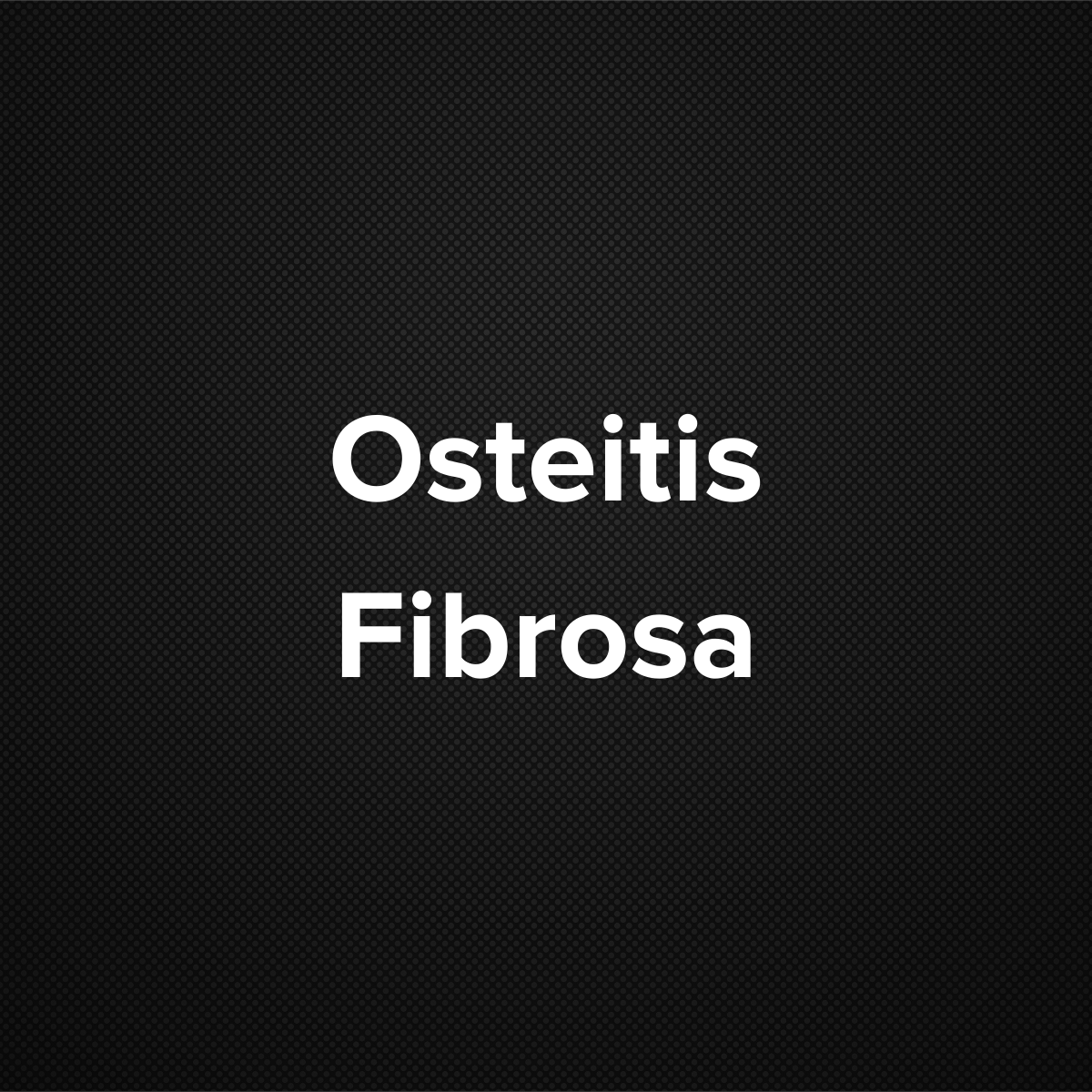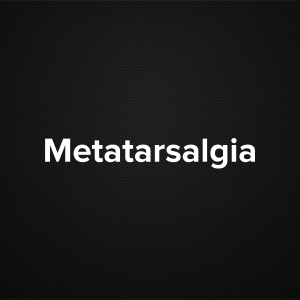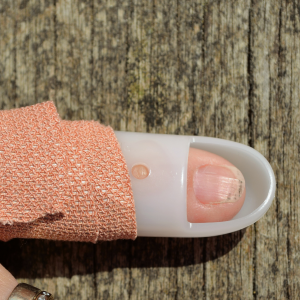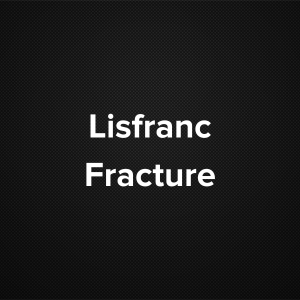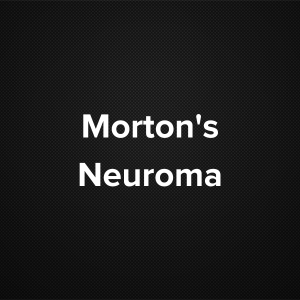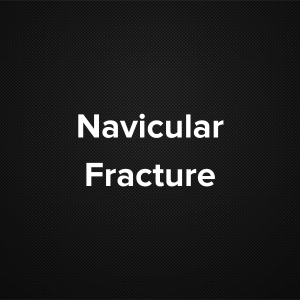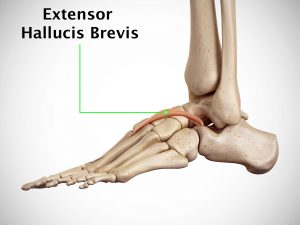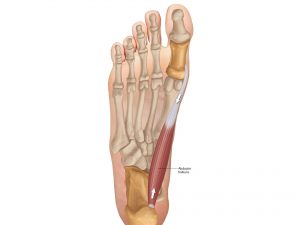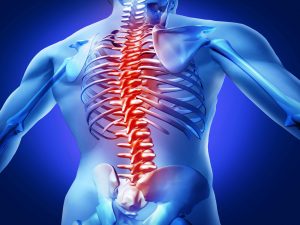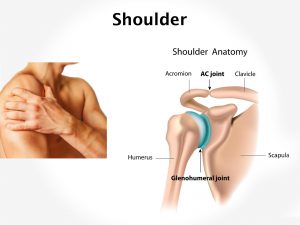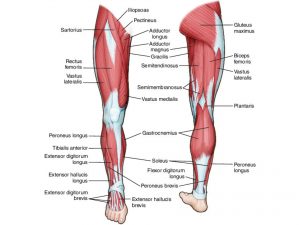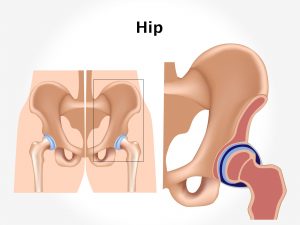Causes and risk factors
Parathyroid gland in the neck secretes parathyroid hormone. Excess secretion of parathyroid hormones causes osteitis fibrosa. PTH helps in controlling levels of calcium and their use and excretion from the body. A high level of PTH causes increased levels of calcium in blood and decreased utilization by the bones. This causes softening of bones. It may also be hereditary. Renal or parathyroid carcinoma can also lead to the condition.
Clinical presentation
Bone pain, weakness occurs in the patients. There occurs bone softness. Cracking and fracture of bones is common. Nausea and vomiting can occur. There may develop kidney stones. Frequent urination can occur.
Investigations
Medical history by the patient and clinical examination by the doctor helps in diagnosis. X-ray of affected bones is required. Blood tests will show increased levels of calcium, increased levels of PTH, alkaline phosphatase and low phosphorus levels in blood. Fine needle aspiration biopsy of affected lesion is advised. Imaging studies such as CT scan, MRI may be useful for further evaluation.
Treatment
Administration of vitamin D is helpful. In severe cases, removal of parathyroid glands is required. Surgical removal of the tumor in case of cancer is necessary. Further treatment consists of bone transplant which will also help in managing the condition.
Complications
Complications such as bone deformity may occur.
When to Contact a Doctor
One must consult a doctor if there is weakness and pain in bones.
Prevention
Regular routine check-up can prevent the disease to progress.
Systems involved
Endocrine system, musculoskeletal system, urinary system
Organs involved
Parathyroid gland, bones, kidneys
